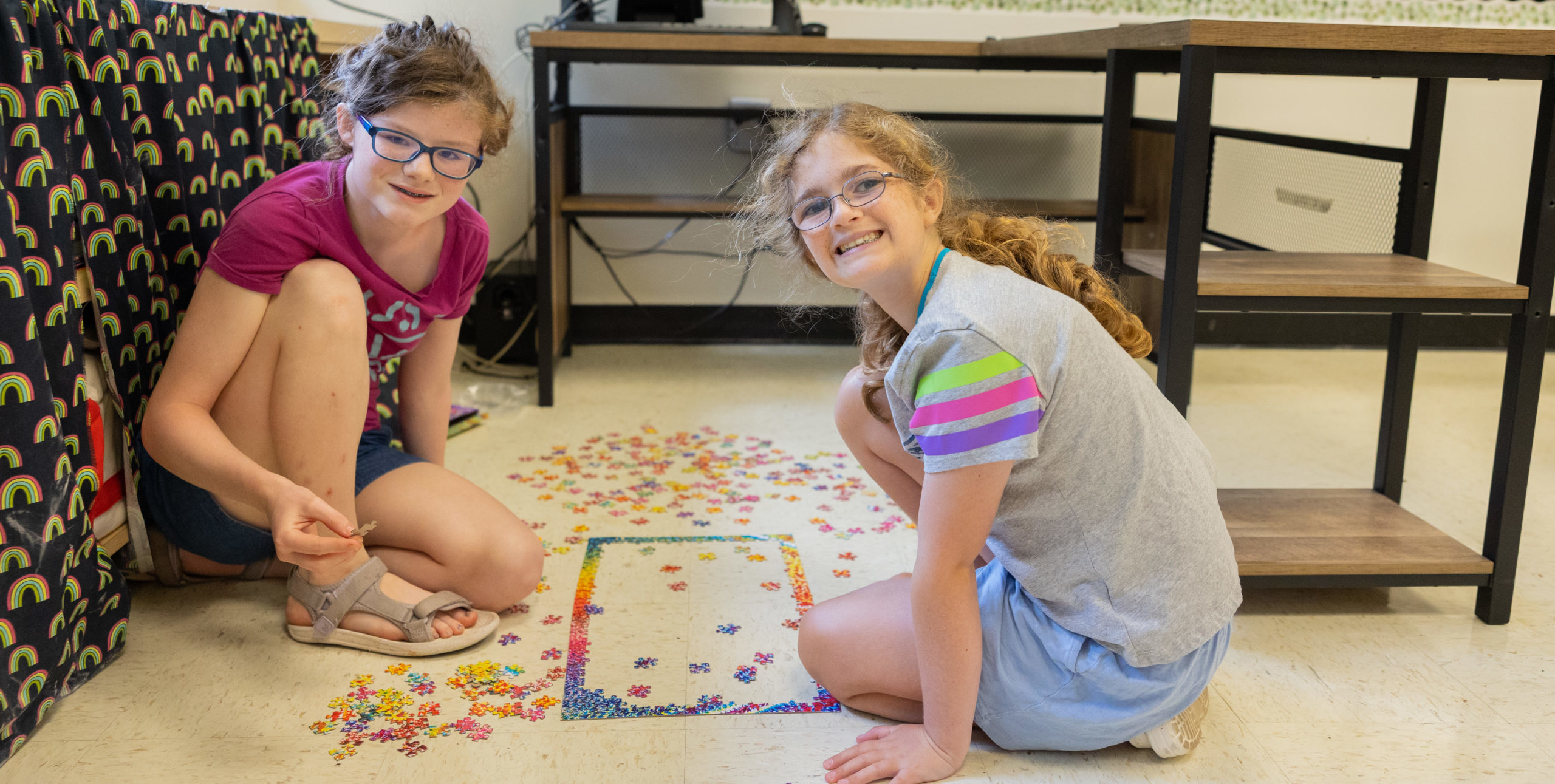

Our child has a diagnosis of ADHD, should we talk about it with them and if so how? This is a question I often hear from parents of youth I work with. It is a question that parents of children with ADHD often struggle with. Children with ADHD often recognize they are different from peers in some ways and begin to question why some tasks are much harder for them than same age peers. For example, why is it so hard to remember homework deadlines, stay focused during a social studies lesson they’re not interested in, or not misplace items at school. Without being given an explanation about their ADHD, kids may begin to feel shame about why tasks that seem simple for their peers can be incredibly difficult for them.
When talking with children about their ADHD it’s important to be honest, stick to the science, and try not to sugarcoat it. When I describe ADHD to kids, I tell them ADHD means their brain works differently and that ADHD brains have some amazing strengths and have some challenges too. When talking with your child be sure to highlight some of their individual strengths; creativity, compassion, empathy, etc. I also like to normalize some of the challenges they may be experiencing; habitual procrastination of assignments until the last minute, avoiding non preferred tasks like cleaning their room, consistently losing items, etc. Having open conversations about how these challenges are common for people with ADHD can help to reduce feelings of shame and self-loathing. Girls with ADHD especially, are known for overcompensating to appear “normal” and this can cause anxiety. Helping youth to understand they are not alone with these struggles can be very powerful.
What you can say:
- Explain to your child that ADHD doesn’t define them. Rather, it’s something you have and just means your brain works differently.
- Sometimes it might be harder for you to pay attention to what people are saying and that’s normal for people who have ADHD. That’s why in school it might be hard for you to stay focused in class. That’s why we’ve been working with your teachers to help you listen in class.
- ADHD doesn’t mean you can’t focus at all, it just means it can be harder to pay attention to things you aren’t passionate about.
What you should avoid saying:
- Because of your ADHD you’ll always have to work harder than other students
- ADHD will go away as you get older
- You have a mental disorder so you can’t learn the same way other kids do.
Empowerment:
When discussing ADHD with kids it’s important to remember that ADHD is a condition that continues through the lifespan and is not something kids will outgrow. Rather, adults can support kids by helping them to find solutions and allowing kids to advocate for themselves as appropriate. Educating kids about ADHD and encouraging them to ask questions can be incredibly empowering and will help to set them up for success as they progress through adolescence into adulthood. Including youth in conversations about their learning can also help support their self-advocacy.
